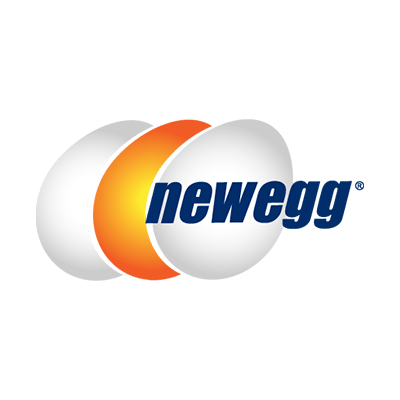- Joined
- Jan 14, 2023
- Messages
- 941 (1.02/day)
| System Name | Lenovo slim 5 16' |
|---|---|
| Processor | AMD 8845hs |
| Motherboard | Lenovo motherboard |
| Cooling | 2 fans |
| Memory | 64gb 5600mhz cl40 |
| Video Card(s) | 4070 laptop |
| Storage | 16tb, x2 8tb SSD |
| Display(s) | 16in 16:10 (1920x1200) 144hz |
| Power Supply | 230w psu |
I am trying to find what SSDs use either SLC or MLC. I will be using this SSD for major writes, not storage, just writing.







